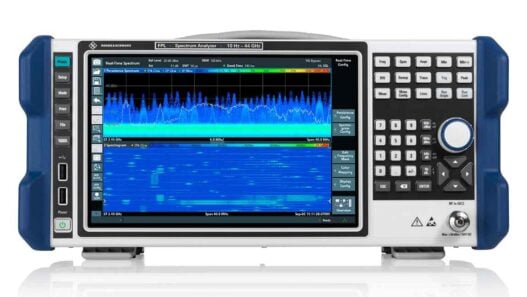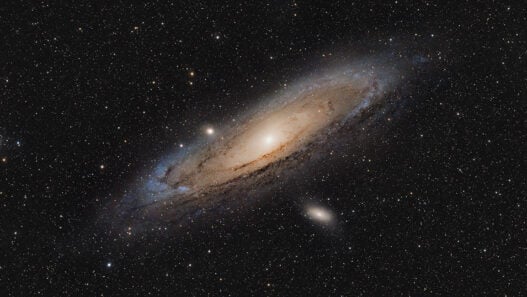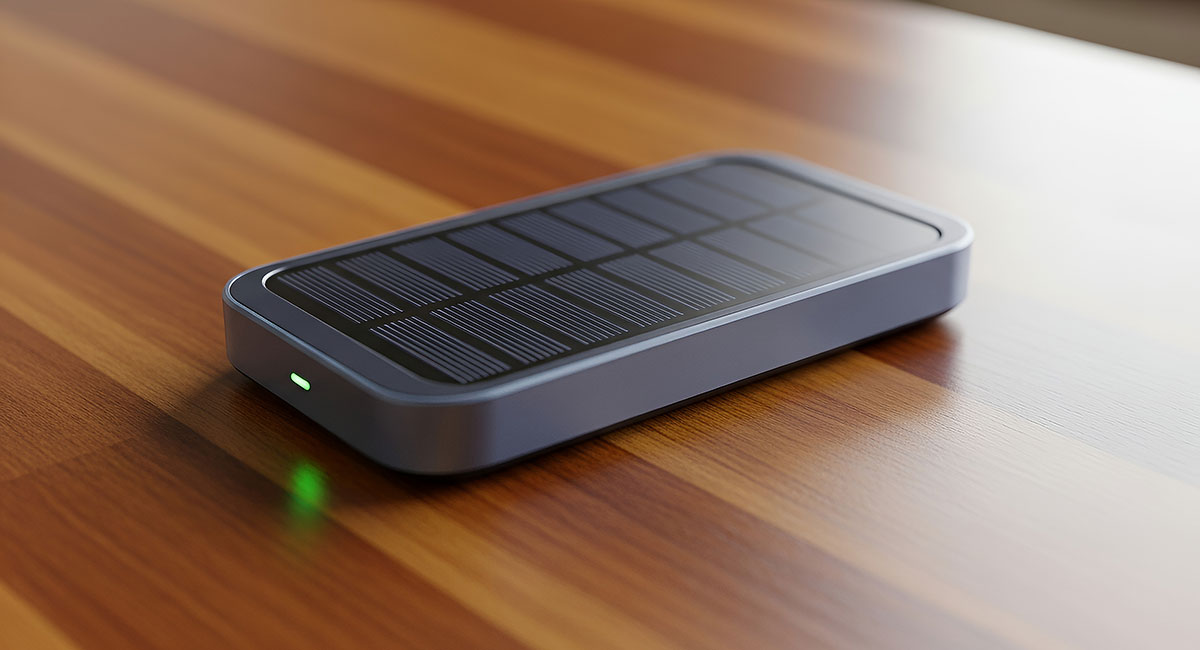An interdisciplinary team of scientists will study solutions for the production of the new photovoltaic components under the “NanoSolar” project in the next three years.
Perovskite-based solar cells have experienced an unprecedented development in the past years. Within only five years, their efficiency was increased considerably. Meanwhile, they convert more than 20% of solar irradiation into electric power. Low material costs and small amounts of material required – thanks to the thin-film technology – make perovskite solar cells a promising alternative. Costs for the conversion of sunlight into electric power can be reduced. A major drawback of the technology, however, is the use of environmentally harmful lead compounds for the production of the perovskite crystals.
“We are looking for a way to apply non-toxic materials ,” Dr. Alexander Colsmann says. He heads the Organic Photovoltaics Unit of the KIT Light Technology Institute (LTI). The physicist points out that perovskite solar cells might not only be suited for large-scale electricity production, but also for decentralised power supply, if sustainable and environmentally friendly production processes can be established. “Thin-film solar cells have a very homogeneous appearance and, hence, can be used as facade cladding, for instance,” Colsmann says. He emphasises that development of environmentally friendly perovskite solar cells is not only required for sustainability reasons, but also a major prerequisite for their economic success.
The project “NanoSolar – Kontrollierte Abscheidung von Nanokristallen für Perowskit-Solarzellen” (NanoSolar – Controlled Deposition of Nanocrystals for Perovskite Solar Cells) is carried out by scientists of the LTI unit of Dr. Alexander Colsmann and of the Institute for Inorganic Chemistry (unit of Professor Dr. Claus Feldmann). The interdisciplinary team consists of physicists, chemists, material scientists, and engineers. They want to specifically adjust nanoscaled crystal structures and to develop novel, environmentally friendly materials and processes for the production of perovskite and its integration into solar cells.
The researchers study the complete process from the synthesis of the materials to the demonstrator module, i.e. a functioning solar cell. Similar to organic solar cells, the perovskite solar cells are produced by printing and coating processes. “NanoSolar” combines fundamental research with application-oriented science. To understand the fundamentals of the technology, the scientists study and optimise the structure-property relationship of the materials. The “NanoSolar” project is scheduled for a duration of three years and supported with €530,000 by the Baden-Württemberg Foundation under the research program “Funktionelle Oberflächen und Materialien für eine nachhaltige Energieversorgung” (Functional surfaces and materials for sustainable energy supply).










